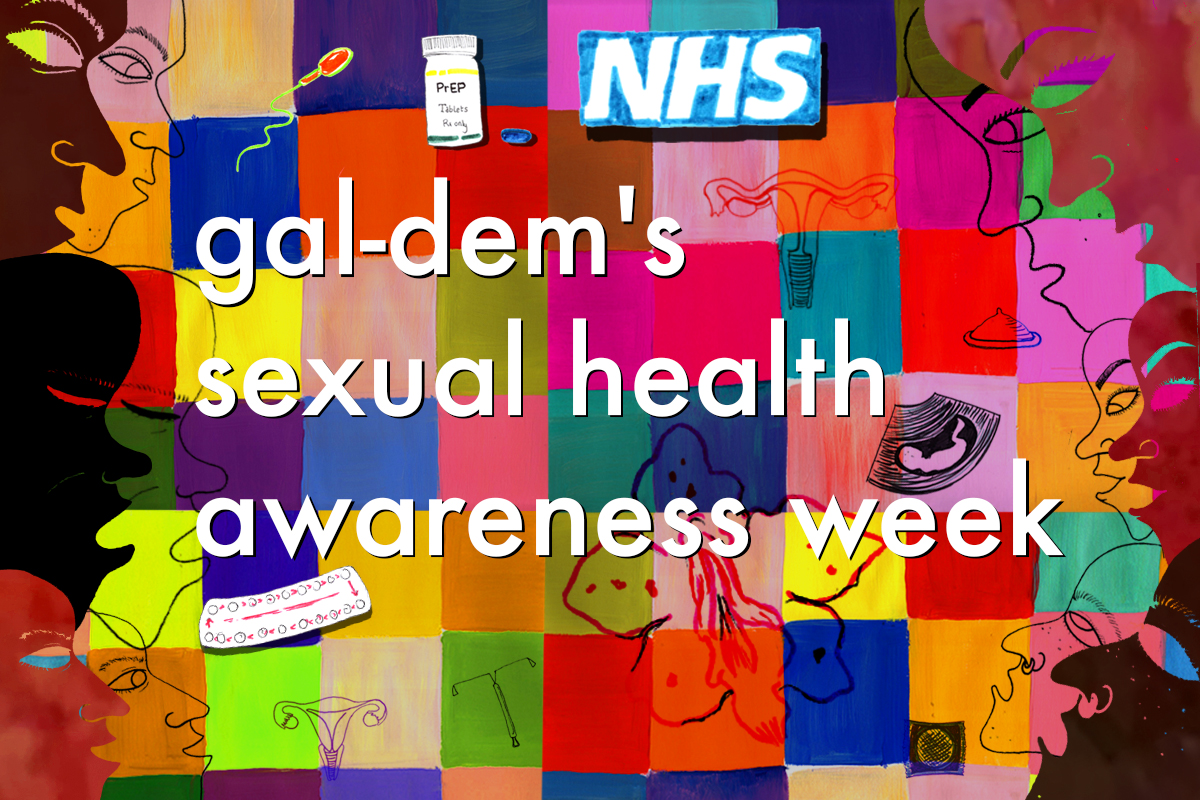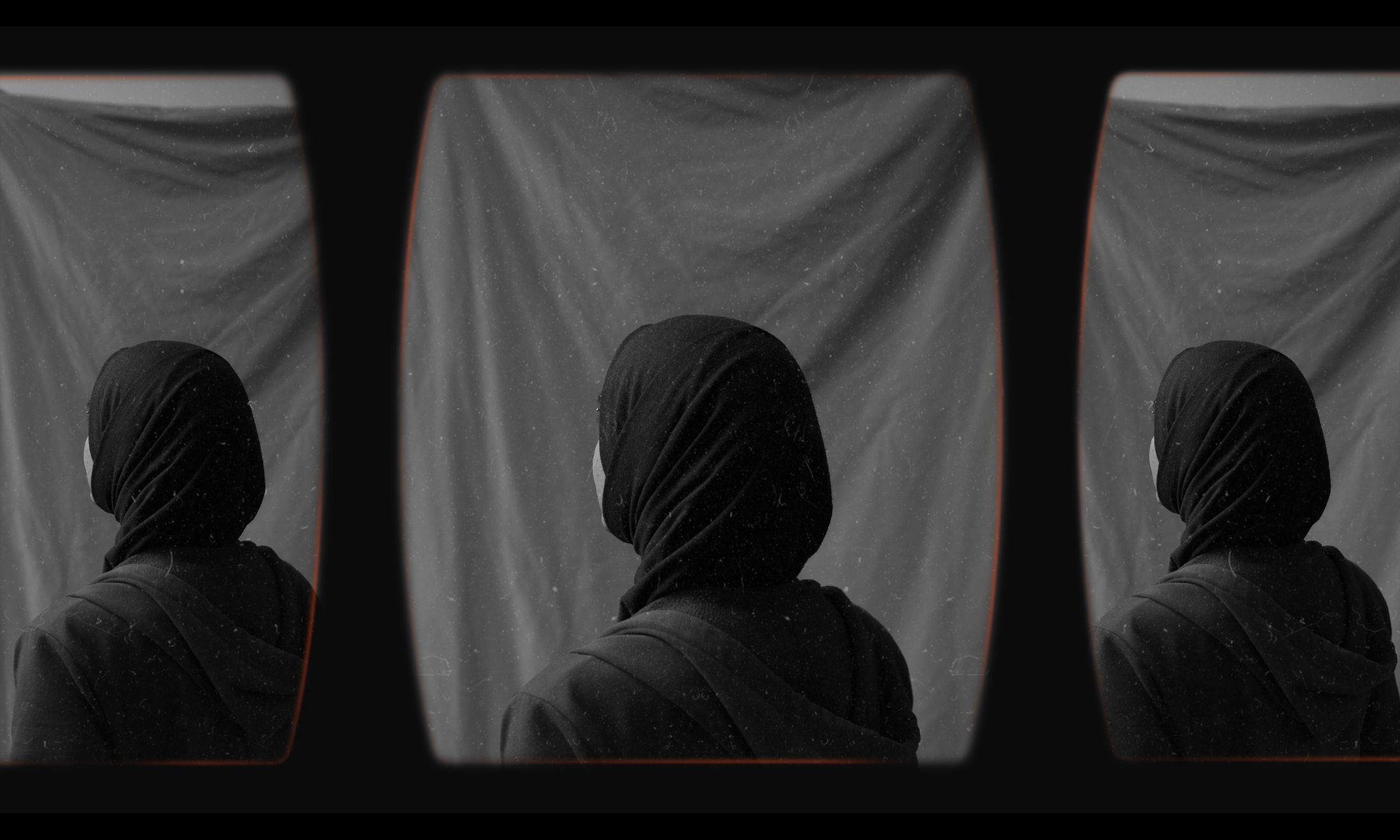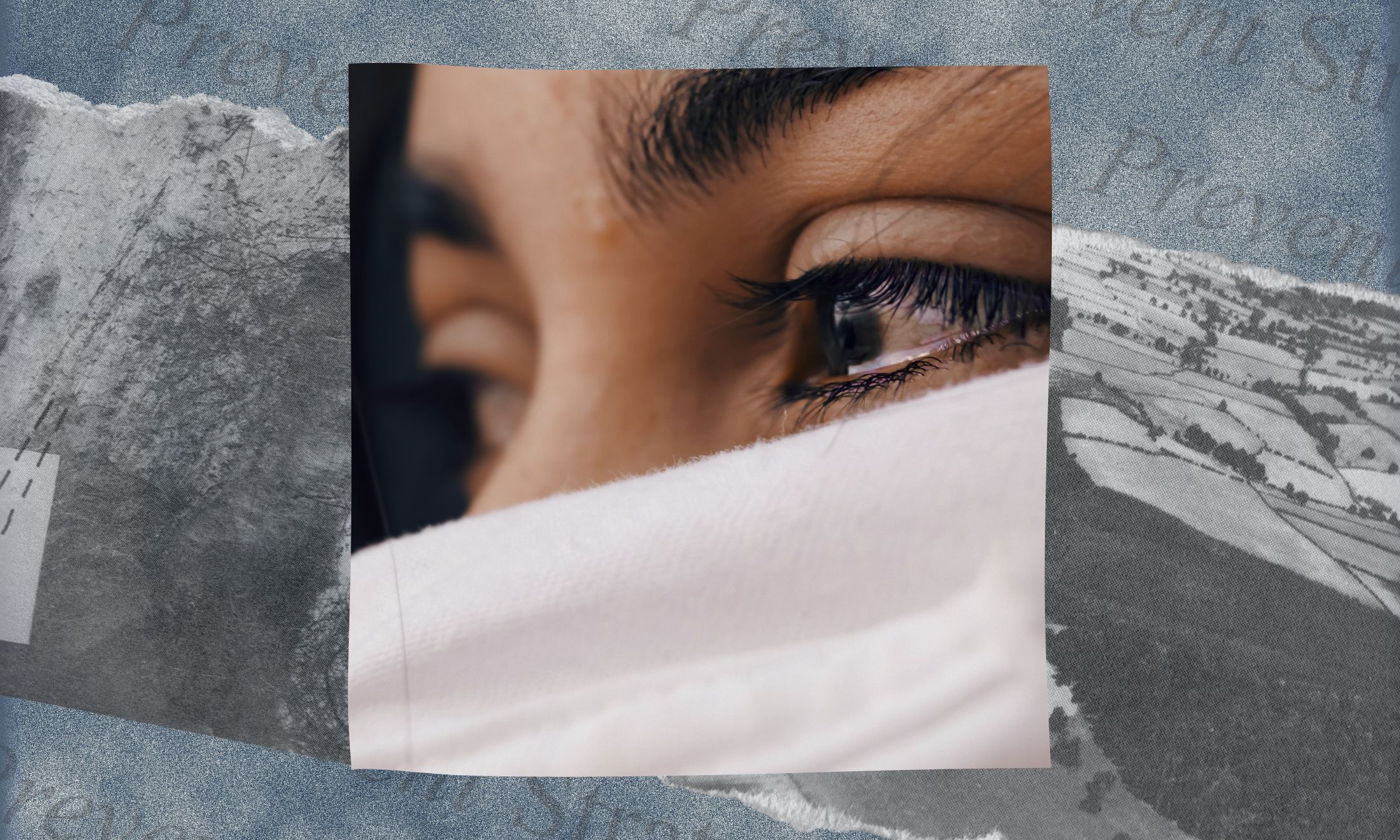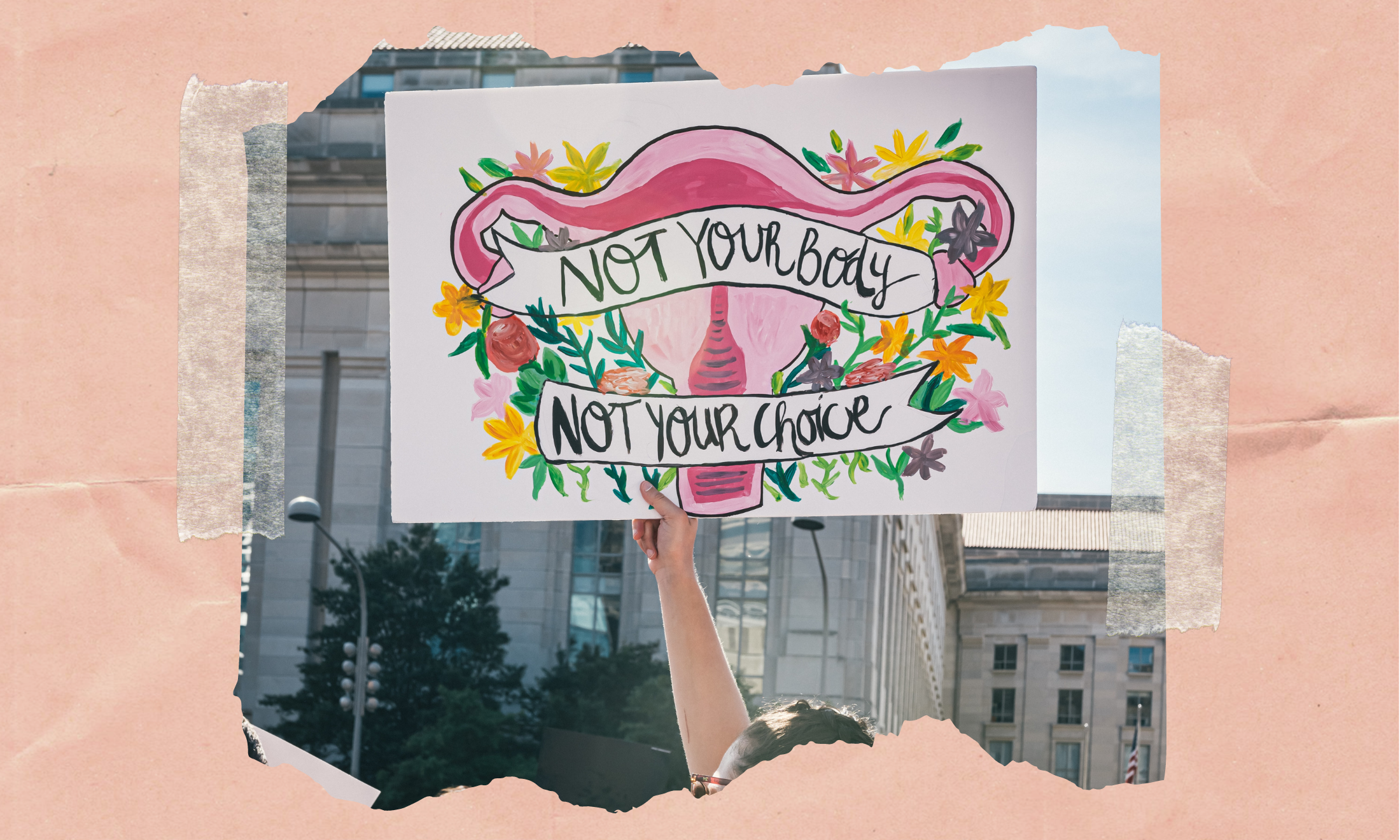
Mind the gap: people of colour are being overlooked when it comes to our sexual health
gal-dem
16 Sep 2019
Illustration by Tessie Orange-Turner
This Sexual Health Awareness Week (16-22 September), gal-dem are publishing a mini-series to shine a light on voices and perspectives not often heard in debates on sexual health. Sexual healthcare is not a benign thing: who can access it and who can’t, and whose ancestors’ bodies were used in the development of the field (more on that later in the series) all play a part in its politicisation. As with healthcare access more broadly, communities of colour are less likely to access sexual healthcare and experience high rates of sexually transmitted infections (STIs) and late diagnosis of HIV, with delayed access to care playing a key role in this inequality. This sexual healthcare gap still persists 18 years since the passing of the Race Relations Amendment Act, which put a duty on the UK’s National Health Service (NHS) to “have due regard to the need to eliminate unlawful discrimination”.
A lack of adequate data collection means that we still don’t definitively know whether communities of colour are getting the type of healthcare we need. This care might include translation and interpreters, and healthcare workers with “cultural competence”, meaning workers who are trained to recognise and respect a variety of wellness belief systems, views and values. Similarly, without dedicated staff training and tailored services, sexual healthcare is at risk of falling short for disabled and LGBTQI+ folk who have to battle their way through transphobic, heteronormative and ableist understandings of sex, bodies, gender and relationships.
However, the sexual health gap has deeper roots than a lack of knowledge and training. With the NHS cut to the bone due to austerity – the current period of government funding cuts – women of colour are hit the hardest as they are most likely to use public services. Naz, a sexual health charity dedicated to delivering “culturally-specific” sexual health services for people of colour, states on their website that government spending on sexual health services has fallen by £64m (10%) since 2013, despite an increase in demand for services. Local authorities have also reported reduced spending on sexual health awareness campaigns, and the British Medical Association (BMA) notes that “those from deprived areas are most at risk of negative sexual health outcomes, such as an increased risk of STIs and unwanted pregnancies”. The decimation of community spaces such as youth clubs and public libraries have also depleted the places where young people can research and access sexual health information outside of their home or school.
Our series this week will explore a range of topics from HPV and sexual health as a survivor of female genital mutilation (FGM), to exploring why black women are being left out of trials for the anti-HIV transmission drug PrEP. We’re also excited that Kym and Jay from the Triple Cripples, a podcast for femmes and non-binary people of colour living with disability, will be making their gal-dem debut and sharing their reflections on sexual health and disability.
To keep up with the series, click here.









